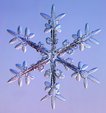
Today we walk in bright awe through silent woodland cathedral, Sanjee and I. A deep cobalt sky pierced with sunlight ignites blinding sparks in fresh snow. Twisted oaks rise, dark latticework against the vaulted arch of heaven ringed with evergreen spires. All is hushed.
Snow, everywhere snow. How many flakes in this meadow, in that stand of poplars? And each one unique, this we have been taught, and indeed it has been studied and proven. The thought is mind-boggling; it’s a concept that can only be processed by the heart.
Now, we also know that every single perfect crystal begins life looking exactly the same as all the others – exactly. It is the journey that changes them. No two crystals will follow precisely the same path from clouds to earth, be met by the very same winds and obstacles, have the same speed of descent. Each will be shaped by its journey, to end unique among snowflakes. And the consummation of all this traveling is a seamless interlocking with numberless, distinctly different others in a radiant winter blanket, insulating, and later, melting to nourish the greening earth.
By the end of its fall to earth, each snowflake will have attained a new kind of perfection. From the original blueprint of its creation (and in keeping with its inherent symmetry), it will have forged an exquisite new design that can never be duplicated. Singular beauty and purposeful function are equally present; wonder and practicality walking hand in hand.
Snow. Another roadmap in nature’s travel guide, for those times when we lose our way.
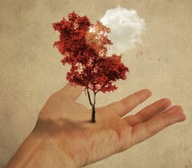

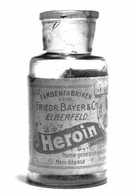

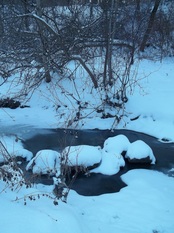
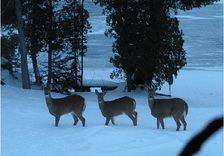
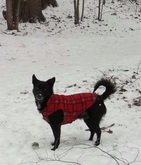
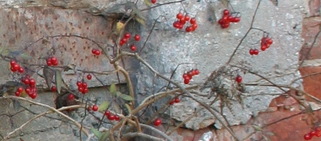
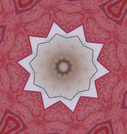
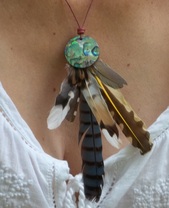
 RSS Feed
RSS Feed